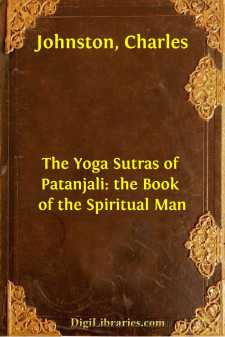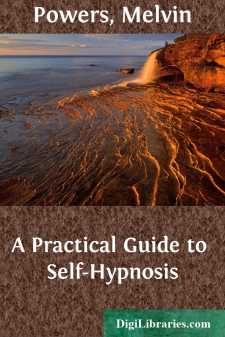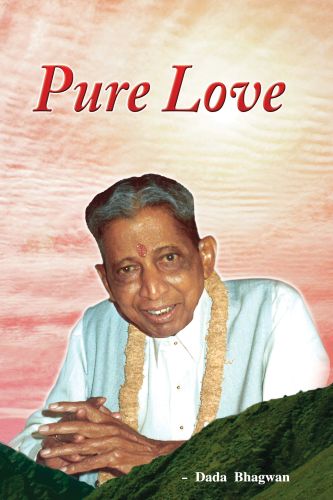Categories
- Antiques & Collectibles 13
- Architecture 36
- Art 48
- Bibles 22
- Biography & Autobiography 813
- Body, Mind & Spirit 142
- Business & Economics 28
- Children's Books 15
- Children's Fiction 12
- Computers 4
- Cooking 94
- Crafts & Hobbies 4
- Drama 346
- Education 46
- Family & Relationships 57
- Fiction 11828
- Games 19
- Gardening 17
- Health & Fitness 34
- History 1377
- House & Home 1
- Humor 147
- Juvenile Fiction 1873
- Juvenile Nonfiction 202
- Language Arts & Disciplines 88
- Law 16
- Literary Collections 686
- Literary Criticism 179
- Mathematics 13
- Medical 41
- Music 40
- Nature 179
- Non-Classifiable 1768
- Performing Arts 7
- Periodicals 1453
- Philosophy 64
- Photography 2
- Poetry 896
- Political Science 203
- Psychology 42
- Reference 154
- Religion 513
- Science 126
- Self-Help 84
- Social Science 81
- Sports & Recreation 34
- Study Aids 3
- Technology & Engineering 59
- Transportation 23
- Travel 463
- True Crime 29
The Yoga Sutras of Patanjali: the Book of the Spiritual Man
by: Charles Johnston
Categories:
Description:
Excerpt
The Yoga Sutras of Patanjali are in themselves exceedingly brief, less than ten pages of large type in the original. Yet they contain the essence of practical wisdom, set forth in admirable order and detail. The theme, if the present interpreter be right, is the great regeneration, the birth of the spiritual from the psychical man: the same theme which Paul so wisely and eloquently set forth in writing to his disciples in Corinth, the theme of all mystics in all lands.
We think of ourselves as living a purely physical life, in these material bodies of ours. In reality, we have gone far indeed from pure physical life; for ages, our life has been psychical, we have been centred and immersed in the psychic nature. Some of the schools of India say that the psychic nature is, as it were, a looking-glass, wherein are mirrored the things seen by the physical eyes, and heard by the physical ears. But this is a magic mirror; the images remain, and take a certain life of their own. Thus within the psychic realm of our life there grows up an imaged world wherein we dwell; a world of the images of things seen and heard, and therefore a world of memories; a world also of hopes and desires, of fears and regrets. Mental life grows up among these images, built on a measuring and comparing, on the massing of images together into general ideas; on the abstraction of new notions and images from these; till a new world is built up within, full of desires and hates, ambition, envy, longing, speculation, curiosity, self-will, self-interest.
The teaching of the East is, that all these are true powers overlaid by false desires; that though in manifestation psychical, they are in essence spiritual; that the psychical man is the veil and prophecy of the spiritual man.
The purpose of life, therefore, is the realizing of that prophecy; the unveiling of the immortal man; the birth of the spiritual from the psychical, whereby we enter our divine inheritance and come to inhabit Eternity. This is, indeed, salvation, the purpose of all true religion, in all times.
Patanjali has in mind the spiritual man, to be born from the psychical. His purpose is, to set in order the practical means for the unveiling and regeneration, and to indicate the fruit, the glory and the power, of that new birth.
Through the Sutras of the first book, Patanjali is concerned with the first great problem, the emergence of the spiritual man from the veils and meshes of the psychic nature, the moods and vestures of the mental and emotional man. Later will come the consideration of the nature and powers of the spiritual man, once he stands clear of the psychic veils and trammels, and a view of the realms in which these new spiritual powers are to be revealed.
At this point may come a word of explanation. I have been asked why I use the word Sutras, for these rules of Patanjali's system, when the word Aphorism has been connected with them in our minds for a generation. The reason is this: the name Aphorism suggests, to me at least, a pithy sentence of very general application; a piece of proverbial wisdom that may be quoted in a good many sets of circumstance, and which will almost bear on its face the evidence of its truth. But with a Sutra the case is different. It comes from the same root as the word "sew," and means, indeed, a thread, suggesting, therefore, a close knit, consecutive chain of argument. Not only has each Sutra a definite place in the system, but further, taken out of this place, it will be almost meaningless, and will by no means be self-evident....













